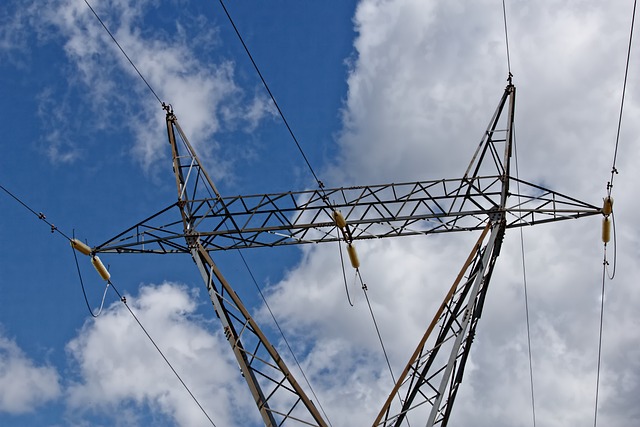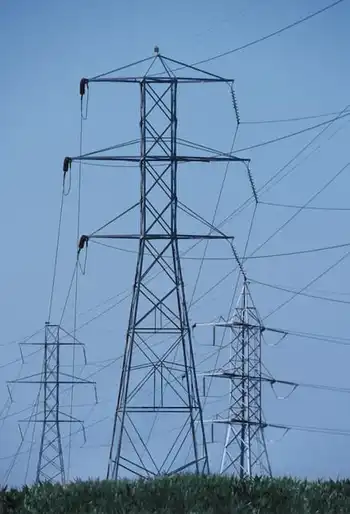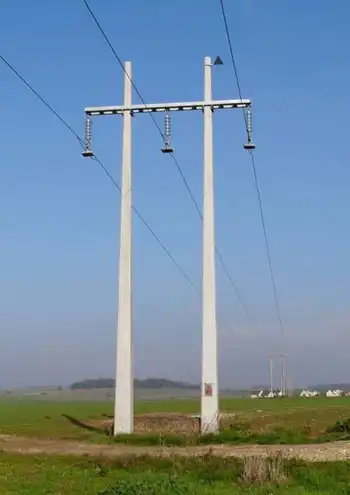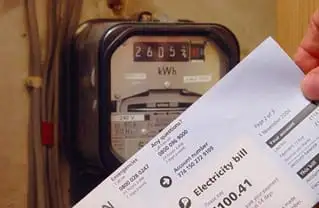DME to take wind power first
NextEra Energy is a major producer and distributor of wind-produced electric energy. It operates more than 8,000 energy turbines in 16 states and Canada, including the Wolfe Ridge wind farm near Muenster. Beginning in May, Denton Municipal Electric will be buying as much as 40 percent of its power from NextEra. DME made the announcement with as big a flourish as it could muster — a press conference on Earth Day — with Mayor Mark Burroughs and a squadron of DME officials in attendance.
Most DME customers are interested in two things from the utility: keeping the power flowing and keeping retail electric prices as low as possible. We believe that the use of wind-produced electricity will help do both, though not necessarily in ways that will be discernible to the casual observer.
As DME’s general manager Phil Williams pointed out at the Earth Day announcement, the addition of NextEra Energy to the company’s list of suppliers expands the sources of energy from which it can choose to buy power. Such diversity has the effect of keeping wholesale energy prices low. Maybe we should say, “as low as possible.” The days of inexpensive electric power are over, as DME customers can attest by simply looking at their monthly bills. That said, DME has done a commendable job in keeping local rates comparatively low.
As we understand it, wind generation is not the cheapest way to produce electricity, and the financial terms of the DME-NextEra contract, being proprietary in nature, are not subject to public inspection. But Williams said the cost of NextEra power would be “very much in line” with what DME pays its other power sources.
Using electric power produced by a renewable energy source is both the least immediately tangible and potentially the most important part of the announcement. The use of coal and natural gas to fire electric generating plants is still a matter of hot debate, but it is beyond debate that lessening our dependence on fossil fuels is a desirable goal.
Wind power is a viable and economically feasible alternative, and with its new contract, Denton vaults to the head of the line in terms of providing “green” power to its residents. Though other, bigger cities may supply more electricity from renewable resources to their customers, none will provide a larger percentage than Denton. In time, this is apt to become more important as world markets, world oil supplies and world politics continue to exist in turmoil.
We have not even mentioned the environmental aspects of the announcement yet, as any mention of the environment seems to stir up irrational passions and knee-jerk responses that impede rational discussion.
Indeed, there are even some environmental arguments against wind power. Those acres and acres of huge wind turbines are indeed jarring as one drives near them, and there are those who consider them a blight upon the pristine landscape.
But most will agree that the search for alternative power is as important a task as any the world faces right now, and we believe Denton and its municipally owned power company have taken a positive step in that search.
Related News
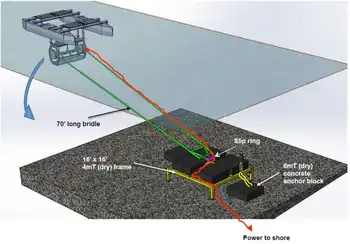
Is tidal energy the surge remote coastal communities need?
VANCOUVER - Many remote West Coast communities are reliant on diesel for electricity generation, which poses a number of negative economic and environmental effects.
But some sites along B.C.’s extensive coastline are ideal for tidal energy micro-grids that may well be the answer for off-grid communities to generate clean power, suggested experts at a COAST (Centre for Ocean Applied Sustainable Technologies) virtual event Wednesday.
There are 40 isolated coastal communities, many Indigenous communities, and 32 of them are primarily reliant on diesel for electricity generation, said Ben Whitby, program manager at PRIMED, a marine renewable energy research lab at the University of…

